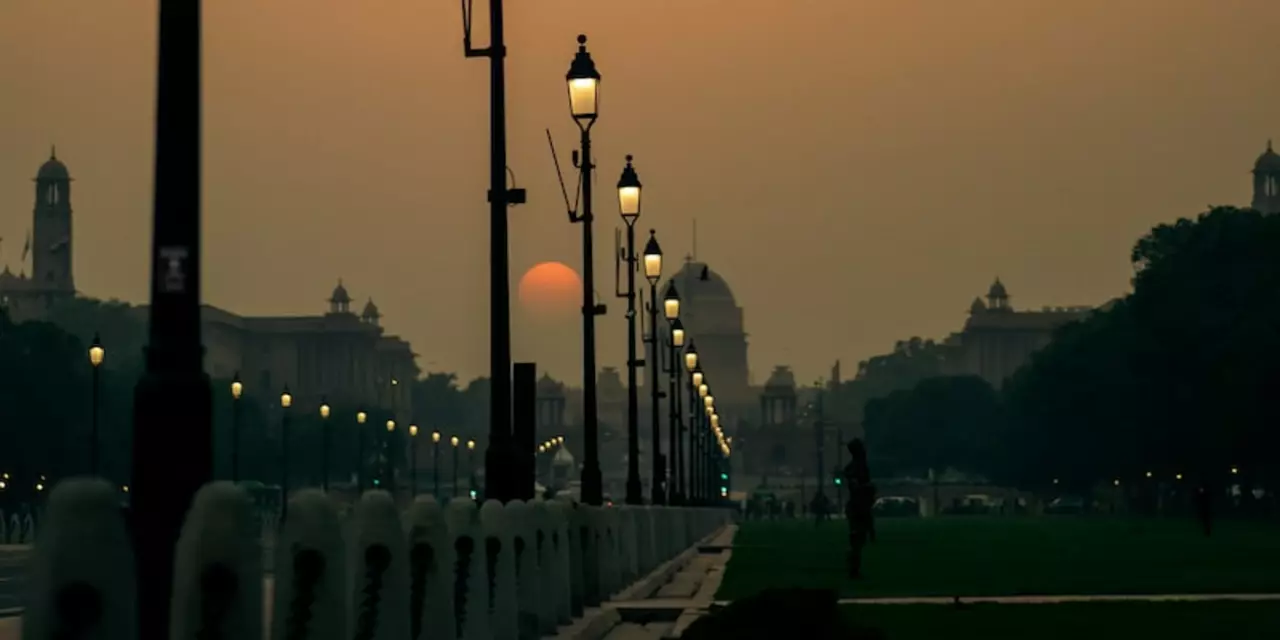Amit Shah – Who Is He and Why He Matters
When you hear the name Amit Shah, you probably think of big decisions on security, elections and law. As India's Home Minister and a top leader of the BJP, he has a hand in almost everything that moves the political wheel. This page breaks down his story, the policies he pushes and what his actions mean for everyday Indians.
Early Years and Rise to Power
Amit Shah started his political journey in Gujarat, working closely with Narendra Modi when both were still building their base. He ran student elections, organized rallies and learned how to turn a crowd into a vote. By the time the BJP won Gujarat in 1995, Shah was already a trusted campaign manager.
When Modi became Prime Minister in 2014, Shah moved to Delhi and took charge of the party’s national strategy. He ran the 2014 and 2019 election campaigns, using data, door‑to‑door outreach and a clear message about development. The BJP’s massive wins are largely credited to his planning skills.
In 2019, Shah was appointed Home Minister. That role gave him control over internal security, police forces and immigration. He quickly became known for fast‑track decisions – from revamping the terror‑fight framework to launching new police reforms. Critics say he concentrates power, but his supporters point to the swift implementation of policies as proof of effectiveness.
Key Policies and Impact
One of Shah’s biggest moves was the Citizenship Amendment Act (CAA) and the accompanying National Register of Citizens (NRC). The government says these aim to protect refugees and clean up the voter list. Opponents argue they hurt certain communities and spark unrest. Whatever the view, the debate shows how Shah’s policies can reshape the nation’s social fabric.
On security, Shah pushed the “National Security Act” to give police more tools against terrorism. He also backed the creation of the new “National Investigation Agency” units in states, saying local forces need stronger backing. These steps have been praised for curbing cross‑border threats, though some worry about civil‑liberty safeguards.
Economically, Shah supports the “Make in India” push, encouraging factories and jobs in small towns. He often ties industrial growth to security, arguing that a stronger economy reduces crime and radicalisation. Small business owners have reported better access to credit and simpler licensing under his watch.
On the political front, Shah has tightened the party’s internal discipline. He introduced a ‘code of conduct’ for BJP members, emphasizing loyalty and clear messaging. This has helped the party present a united front, but it also means dissenting voices inside the party find fewer platforms.
For the average citizen, Shah’s work shows up in everyday news: police raids on suspected terror cells, new citizenship paperwork, and the government’s push for digital ID cards. While some feel safer, others worry about privacy and fairness. The mix of quick action and controversy is a hallmark of his style.
In short, Amit Shah is a fast‑moving, results‑driven figure who has reshaped India’s political landscape. Whether you agree with his methods or not, understanding his decisions helps make sense of the country’s current direction.
Delhi: Arvind Kejriwal to meet Amit Shah today?
Delhi Chief Minister Arvind Kejriwal is scheduled to meet Union Home Minister Amit Shah today to discuss various issues concerning the state. The meeting, which will be held at the Home Ministry, comes at a time when the two leaders have been at loggerheads over the issue of full statehood for Delhi. Kejriwal has been pushing for full statehood for Delhi and has alleged that the Centre is not giving the state enough autonomy. The two leaders are expected to discuss the Centre's plan to regularize unauthorized colonies in the city, the issue of air pollution, and the ongoing sealing drive in Delhi. The meeting is also expected to address the ongoing tussle between the Delhi government and the Centre over the control of the Delhi Police.
View more